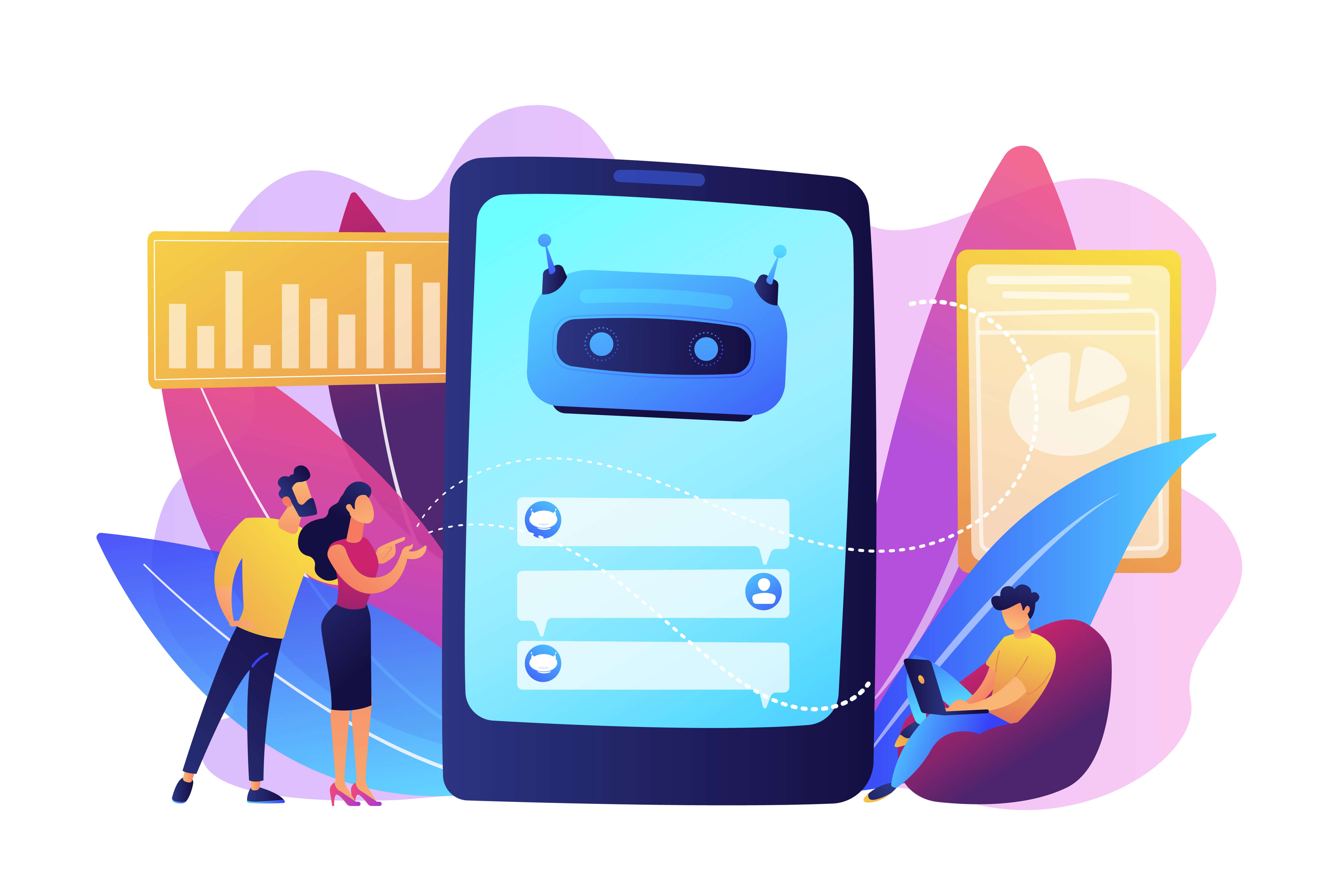-

How Much it ll cost to build an app like
- Cost to develop an Uber Tow Truck App
- Cost to develop a Pest Control App
- Cost To Develop a Handyman App Like Uber
- Cost To Develop a Doctor Appointment Booking App
- Cost To Develop An App Like MoodBites
- Cost To Develop An App Like SkipTheDishes
- Cost To Develop An App Like Q Chat
- Cost To Develop An App Like TickTick
- Cost To Develop An App Like ContractBook
- Cost To Develop An App Like Utter
-

How Much it ll cost to build an app like
- Cost to develop a Video Editing Mobile App like Magisto
- Cost to develop a Live Video Streaming App like Twitch
- Cost to develop an app like Home Workout- No equipment
- Cost to develop a Sports News app like theScore
- Cost to develop an Application like Reddit
- Cost to develop a Sports News app like theScore
- Cost to develop an E-learning platform like Udemy
- Cost to develop an On Demand Doctor App like Heal App

The Role of Chatbots in Customer Service
In the ever-evolving landscape of customer service, businesses are continuously seeking innovative ways to enhance user experiences and streamline interactions. One such innovation that has gained significant traction is the integration of chatbots into customer service strategies. These intelligent virtual assistants are revolutionizing the way companies engage with their customers, providing efficient and personalized support around the clock.
Understanding Chatbots
Chatbots, powered by artificial intelligence (AI), are designed to simulate human conversation. They serve as a bridge between customers and businesses, allowing seamless communication via text or voice interfaces. These digital agents have the ability to understand user queries, interpret context, and provide relevant responses, making interactions remarkably human-like.

24/7 Availability and Instant Responses
One of the most significant advantages of employing chatbots is their round-the-clock availability. Unlike human agents who are constrained by working hours, chatbots operate tirelessly, addressing customer inquiries at any time. This instant availability enhances customer satisfaction and ensures that urgent queries are never left unanswered, contributing to a positive brand image.
Efficiency and Scalability
As businesses expand, managing an increasing volume of customer queries can become challenging. Chatbots offer a scalable solution by handling multiple conversations simultaneously. This ability to manage a high influx of queries without compromising response times ensures that each customer receives prompt attention, even during peak hours.

Personalized Interactions
Modern consumers demand personalized experiences, and chatbots excel in this regard. Leveraging AI algorithms, chatbots can analyze user data to understand preferences, purchase history, and behavior patterns. Armed with this information, chatbots can tailor responses and recommendations, creating a more personalized and engaging interaction that resonates with the customer.
Reduced Response Times
Time is of the essence in customer service, and chatbots excel in delivering swift responses. Customers no longer have to endure lengthy wait times or navigate complex IVR systems. Instead, chatbots quickly provide the information customers seek, enhancing efficiency and reducing frustration.

Data-Driven Insights
Chatbots are not only adept at customer interactions but also generate valuable data insights. By analyzing conversations, businesses can identify common pain points, frequently asked questions, and areas for improvement. This data-driven approach enables companies to refine their offerings, optimize support processes, and proactively address emerging trends.
Human-Agent Collaboration
While chatbots offer immense benefits, they do not replace human agents; rather, they complement them. Complex or emotionally nuanced queries can be seamlessly transferred to human agents for resolution. This collaborative approach ensures that customers receive the right level of assistance while human agents focus on tasks that require empathy and critical thinking.
Chatbots have emerged as a transformative force in customer service, revolutionizing the way businesses interact with their audience. With their 24/7 availability, efficiency, scalability, personalization, and data-driven insights, chatbots enhance customer satisfaction, streamline support processes, and contribute to building strong brand relationships. As technology continues to evolve, chatbots will undoubtedly play an increasingly vital role in shaping the future of customer service.

Author
Our Partners




WhatsApp us


